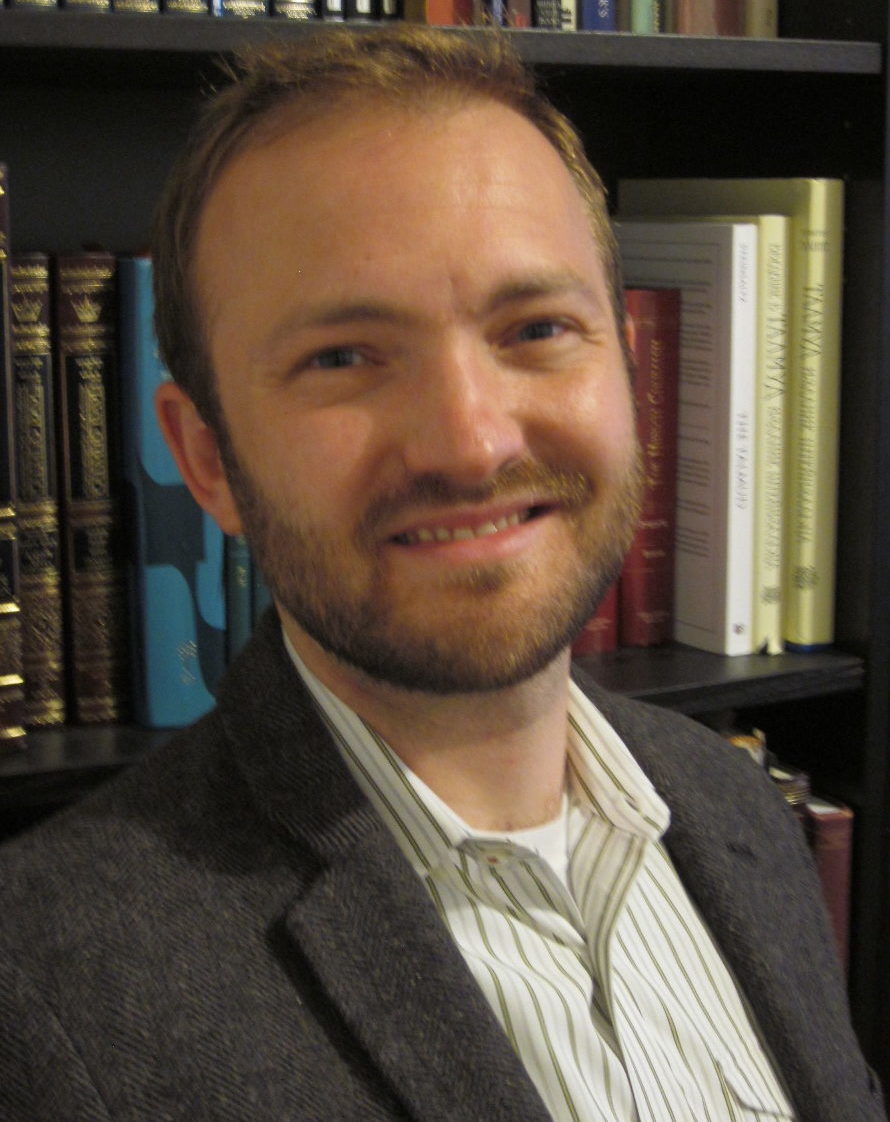Hannah Arendt would find it very tricky to be a Zionist today. She was critical of David Ben Gurion’s policy of effectively ignoring the Palestinians’ sincere pursuit of national sovereignty. She advocated a Zionism that would be achieved through excellent relations with the Palestinian neighbors, rather than in spite of them. In her essay “To Save the Jewish Homeland” (Hannah Arendt, The Jewish Writings, New York: Schocken Books), her main argument is more of a warning: that a people so intensely traumatized by the Holocaust are in a psychologically precarious position to begin a new state. She also points out that American and European Jewish support for Zionism had been quite tenuous until the immediate post-war period when suddenly everyone seemed to think (with a unanimity Arendt finds most unsettling) that it was “now or never” for Zionism. She writes:
Even more surprising than the growing unanimity of opinion among Palestinian Jews on one hand and American Jews on the other is the fact that they are essentially in agreement on the following more or less roughly stated propositions: the moment has now come to get everything or nothing, victory or death; Arab and Jewish claims are irreconcilable and only a military decision can settle the issue; the Arabs—all Arabs—are our enemies and we accept this fact; only outmoded liberals believe in compromises, only philistines believe in justice, and only schlemiels prefer truth and negotiation to propaganda and machine guns. (Arendt, 391).
Arendt was shocked by the growing consensus around racist and hard-headed approaches to the Palestinians when the goal of statehood at any cost caught on. She believed, in the late 1940’s, the establishment of a Jewish state could happen only at the price of a Jewish homeland. She already predicted in the 1940’s that Israel’s defense interests might one day clash with those of other countries where large numbers of Jews lived: “Palestine Jewry would eventually separate itself from the larger body of world Jewry and in its isolation develop into an entirely new people. Thus it becomes plain that at this moment and under present circumstances a Jewish state can only be erected at the price of a Jewish homeland.” (Arendt, 397). Has the cost of statehood been too great for the Jewish people? Have we honestly assessed that cost?
We are living in an eerie time in Israel: when human rights non-profits are coming under attack by members of the Knesset, when more and more American Jews feel disillusioned and alienated by Israel’s regressive settlement policy, when Israel’s leaders have repeatedly put American Jews in the position of choosing allegiances between Israeli and American leaders (such as when Prime Minister Netanyahu went around President Obama to deliver a speech to Congress about the Iran deal). Meanwhile, Israel becomes more and more right-wing, and racist rhetoric towards non-Jews there has become mainstream. The respectful place of dissent within Israeli society is dwindling. And the gap between American Jewry and Israel, as Hannah Arendt predicted so long ago, is coming true.
Arendt’s words are sounding too prophetic these days. Yet I still believe that a national effort to recognize the national mistakes of our past and atone for them, in a collective way akin to the ritual of atonement on Yom Kippur described in Acharei Mot, could curb the growing alienation. A negotiated settlement that takes the national aspirations of the Palestinians seriously is needed now more than ever. Palestinians have made grievous mistakes as well. But as Jews, our responsibility is to own our own mistakes. Such a national atonement ritual could inspire us to work for that day when we won’t need the ritual, and would acknowledge that the ongoing Occupation and support for illegal settlement construction is undermining both the Jewish and the democratic character of the state.
Rabbi Nehemia Polen suggests that, originally, God imagined the expiation ritual described in Acharei Mot would be a one-time event, a response to the Golden Calf and the death of Aaron’s two sons. Note the language at the beginning of Leviticus 16; the only time-reference is “after the death of the two sons of Aaron,” and nothing at first suggests that this is the blueprint for an annual ritual. Only towards the end of the chapter does God decree, “This shall be an eternal statute for you: in the seventh month on the tenth day…” (16:29) Similarly, at first Aaron is specified by name; only at the end of the chapter do we read, “And the priest who shall be anointed and shall be consecrated to serve in his father’s place shall atone…” (16:32) In Rabbi Polen’s view, the ritual went so well the first time—it accomplished so much, spiritually and emotionally, for both God and the people—that God decided it should be an annual event. Every year’s sins could use the same atonement.
In the same vein, it is not just the “founding sins” of the State of Israel that we need to acknowledge and find a way to atone for; each year brings new transgressions inextricably linked to those “founding sins.” Rather than scape-goating the Palestinians for all of Israel’s problems, we have to take the power of a communal ritual of expiation seriously. Yom Kippur and its rituals provide us an opportunity to acknowledge and seek forgiveness for the collective sins we have committed in continuing–and becoming all-too-comfortable with—an untenable status quo.
With thanks to Prof. Shaul Magid for teaching on Arendt and Martin Buber at his recent scholar-in-residence at Temple Sinai.
Rabbi Ethan Bair has been the rabbi of Temple Sinai in Reno, NV since 2013. He brings his quest for transformative Jewish prayer, deep engagement with Jewish philosophy and commitment to social justice into his rabbinate and everyday life.


